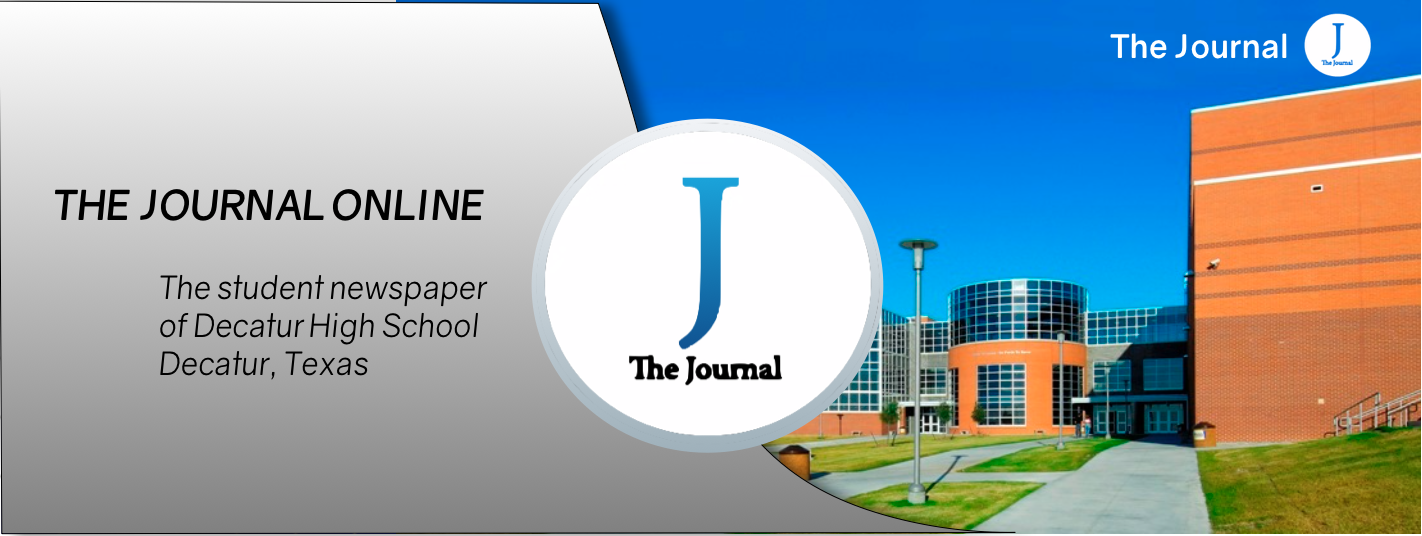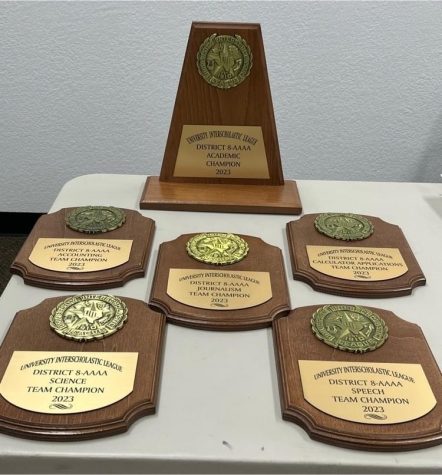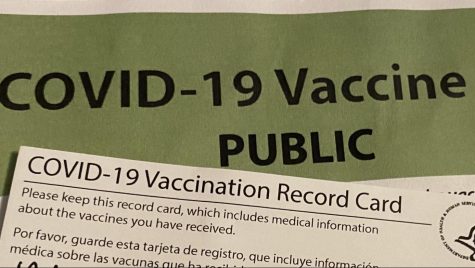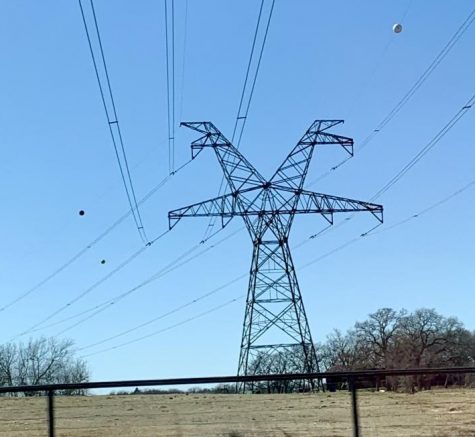AP vs Dual Credit
Options for higher learning
Schools offer two options for higher achieving students to gain college credit. AP Courses assist students in earning college credit through the AP test at the end of the school year, where a high enough score earns the student college hours. DHS also offers Dual Credit courses available through Weatherford College where students earn college hours with a passing grade in the class.
Senior Liz Dowdy took both Dual English and AP U.S. History her junior year.
“I was planning on taking AP English since AP scores are more recognized by colleges, but I really wanted to have Jennifer Smith, and when I heard she was teaching dual, I decided to switch,” Dowdy said.
The majority of private colleges accept AP earned hours over Dual Credit hours, since College Board designs the AP tests, but sometimes the experience provided in the class outweighs the potential credit available in college.
Senior Nick Bishop took both AP English and AP U.S. History.
“I chose to take AP because I wanted to challenge myself with the AP test at the end of the year to try and get college hours,” Bishop said.
The decision between Dual or AP courses really comes down to what college or major students wish to pursue. A lot of in state and out of state colleges accept hours gained through AP courses when a student scores well enough on the AP test at the end of the school year. The AP course benefits students wishing to continue studying in the general area of the AP class they took the previous year. For example, taking the AP Biology course benefits students pursuing scientific or medical professions.
Private schools acknowledge Dual Credit classes less than the AP classes, since they are not regulated by the College Board. But these still benefit students and allow them to earn hours towards college graduation, even if the hours count for a class other than the one taken in high school. For example, if students do not plan on a medical or scientific career or major, taking Dual Biology still benefits students. Either by transferring to the school, or by counting as an elective credit, it still decreases the amount of hours needed to graduate with a college degree.
“Even if you don’t get credit, taking an AP or Dual class will help prepare you and give you experience for college learning,” Dual U.S. History teacher Christopher Chance said.













